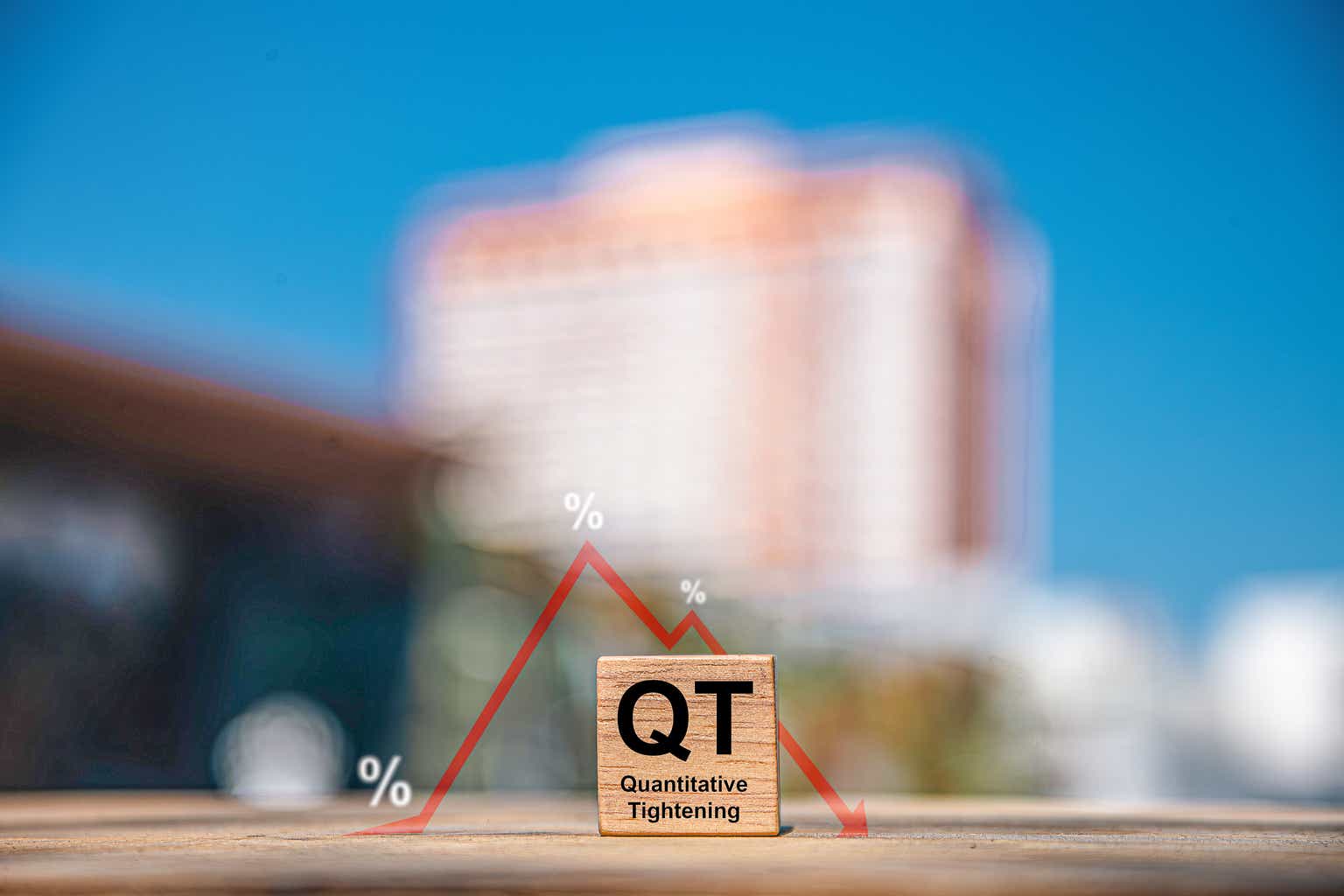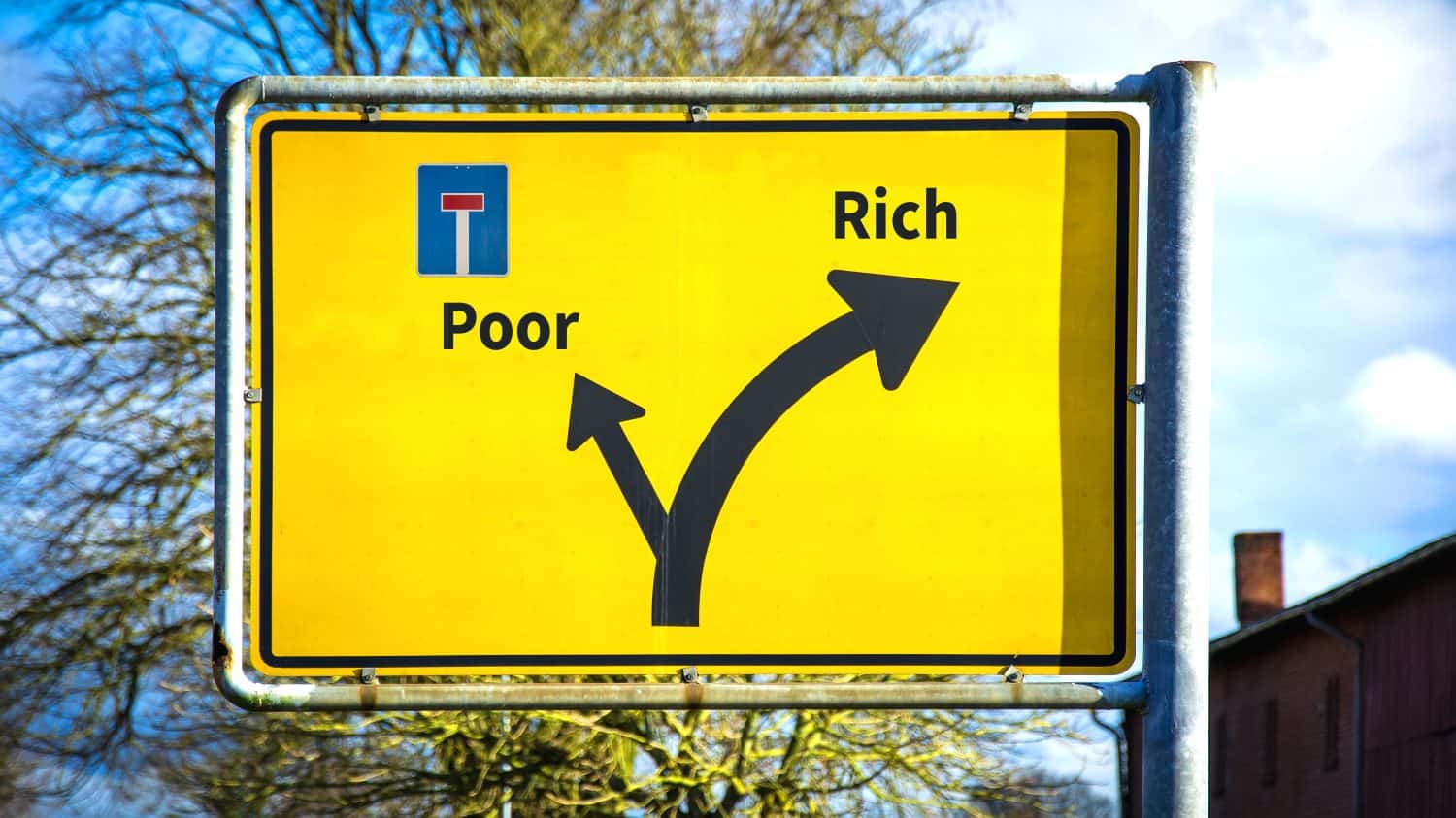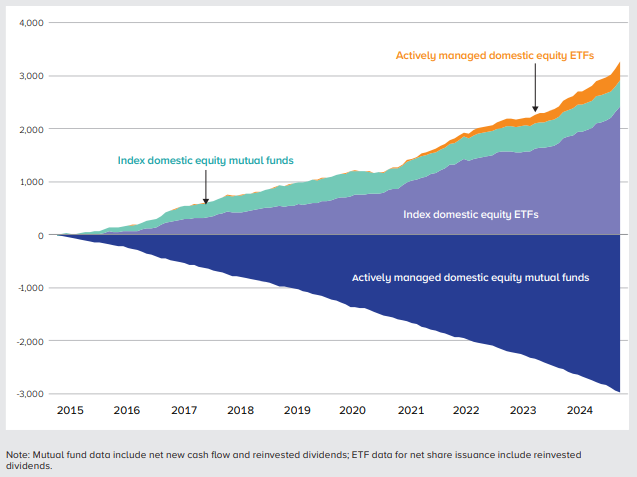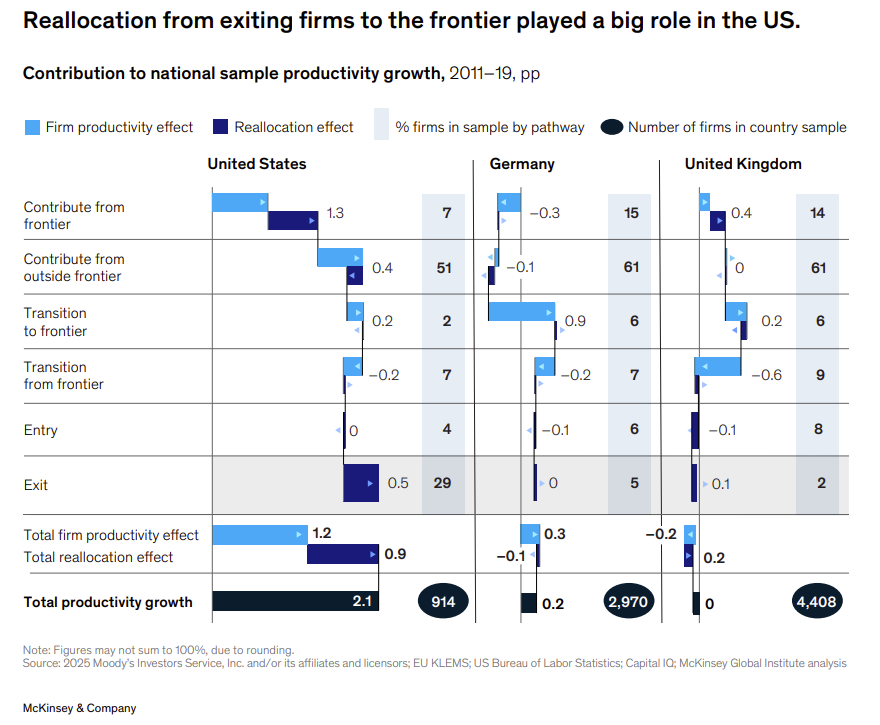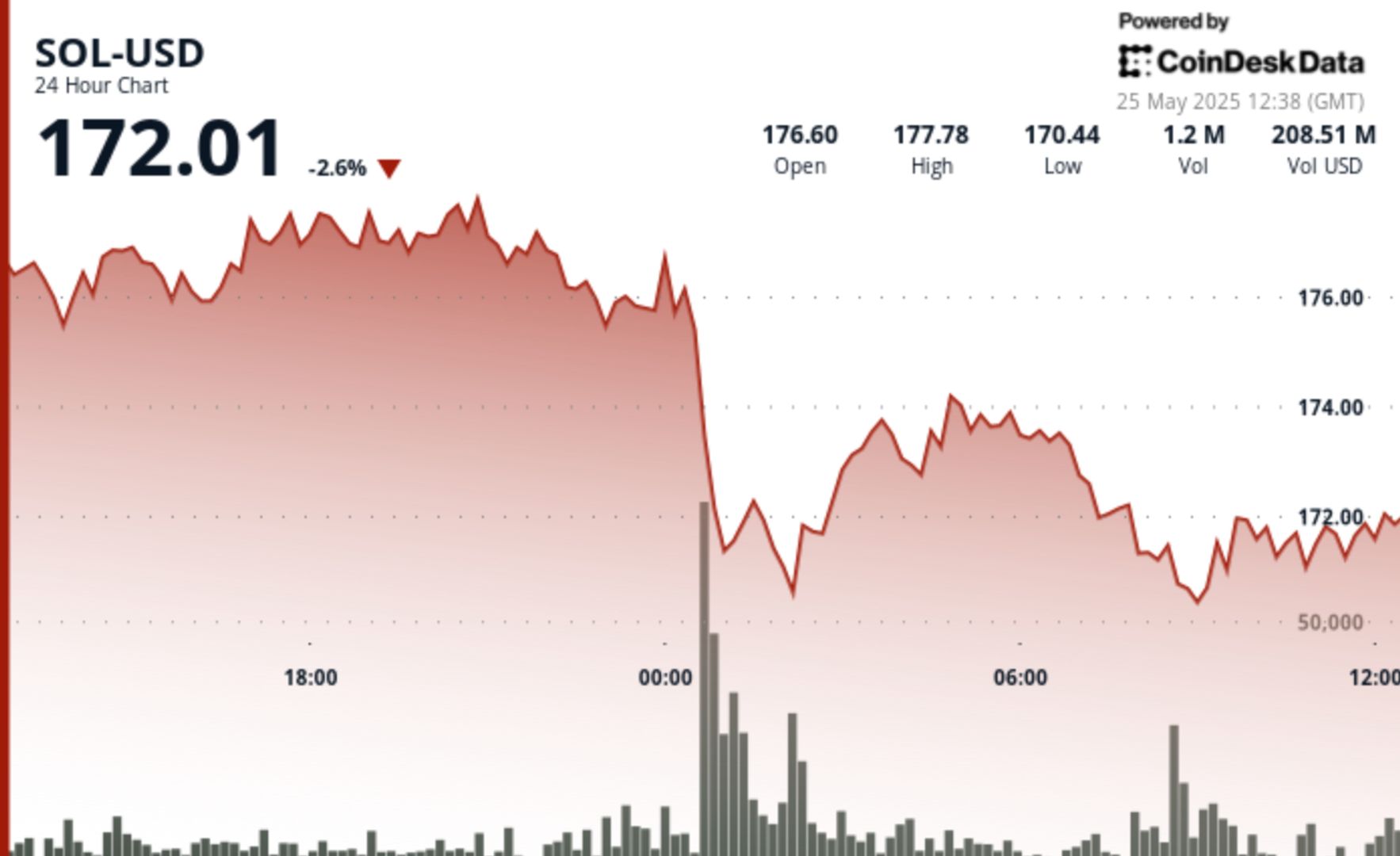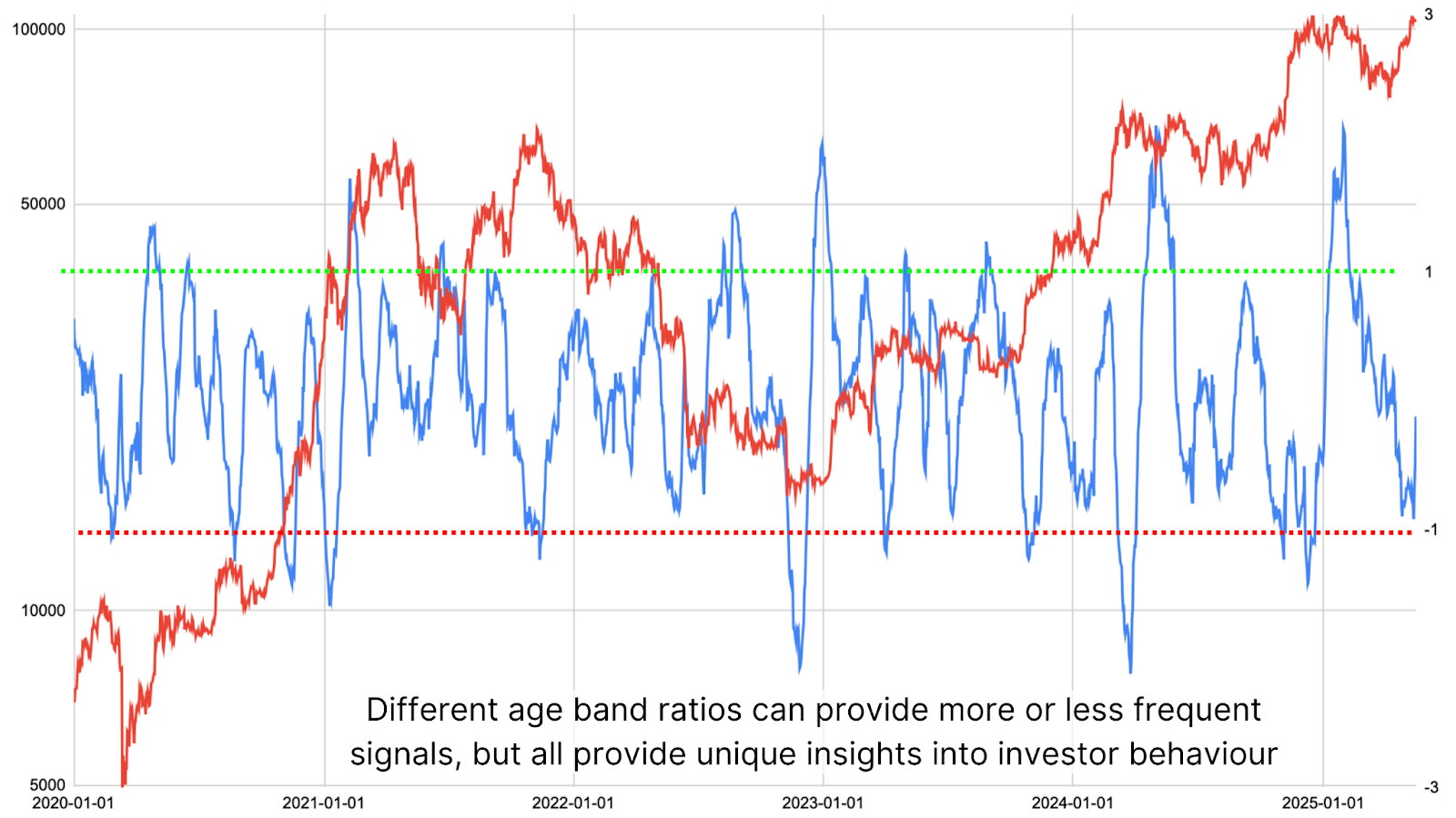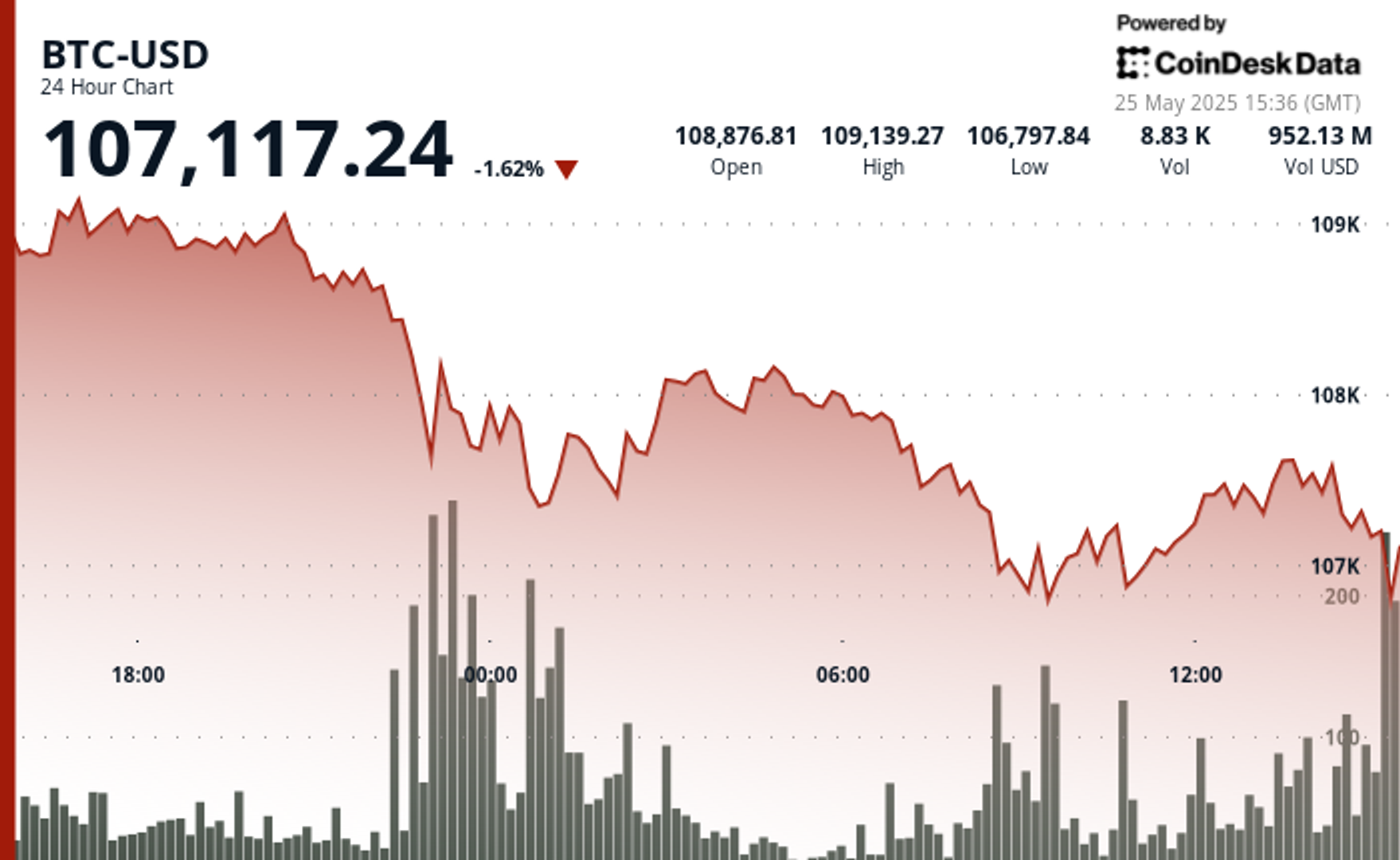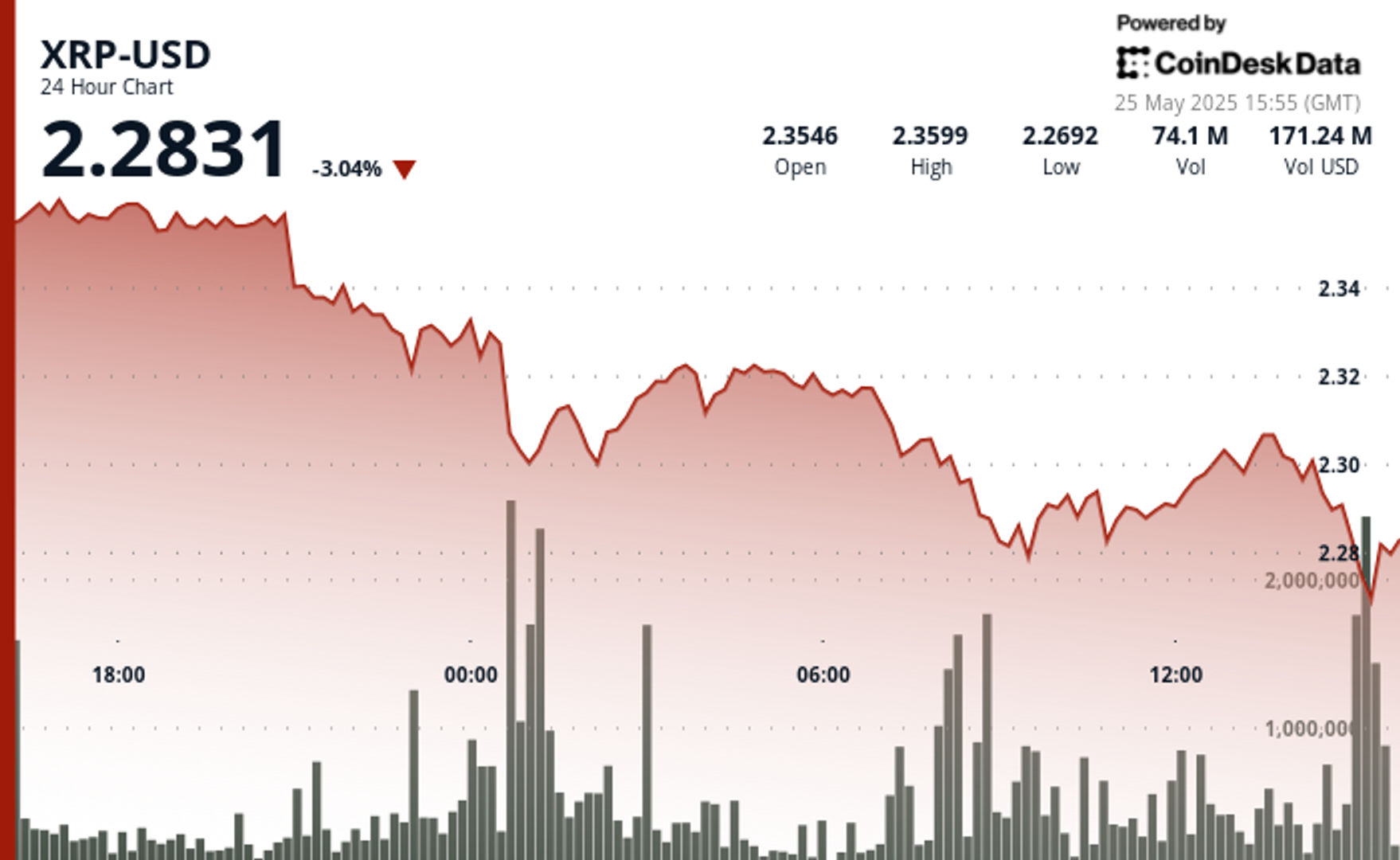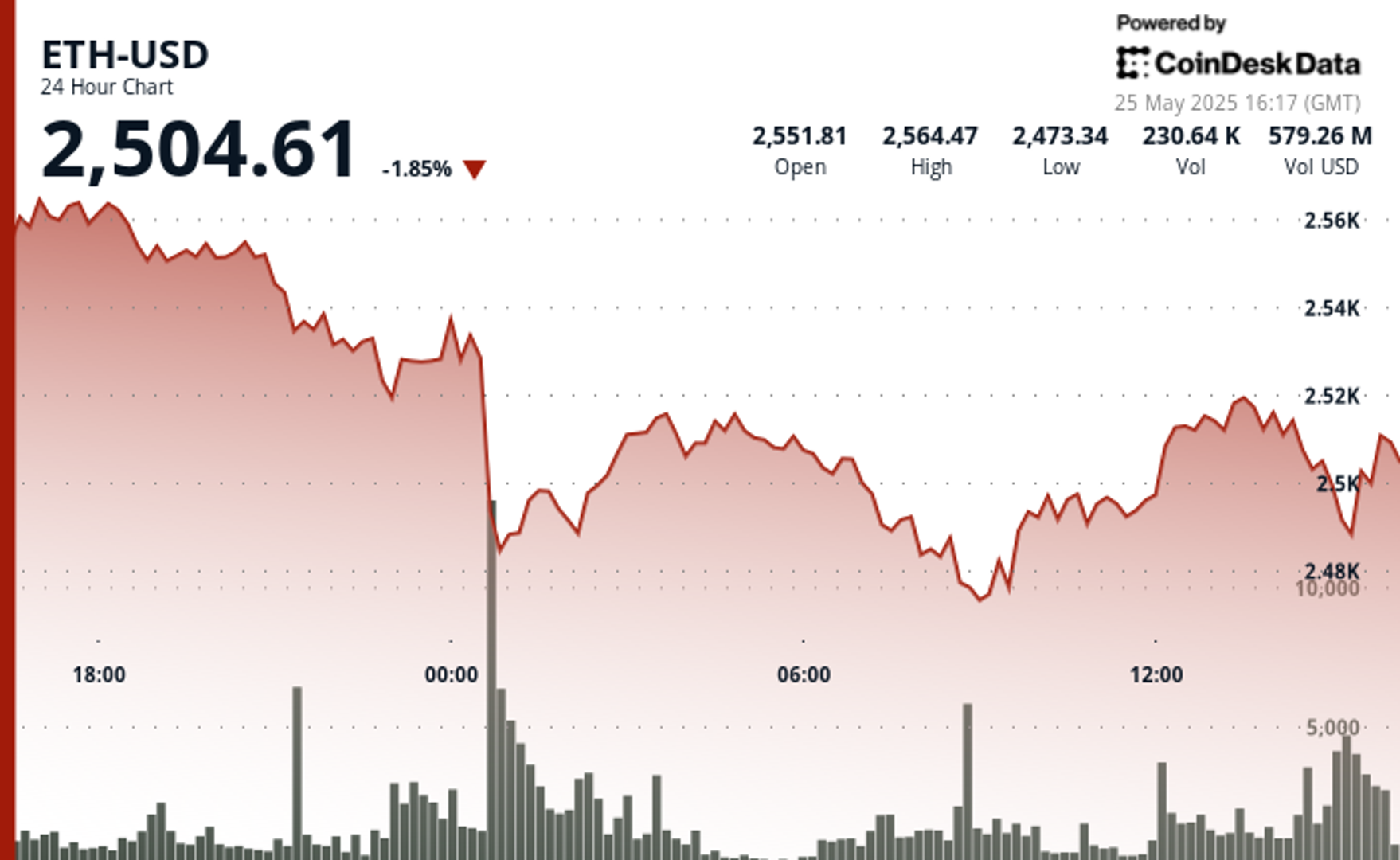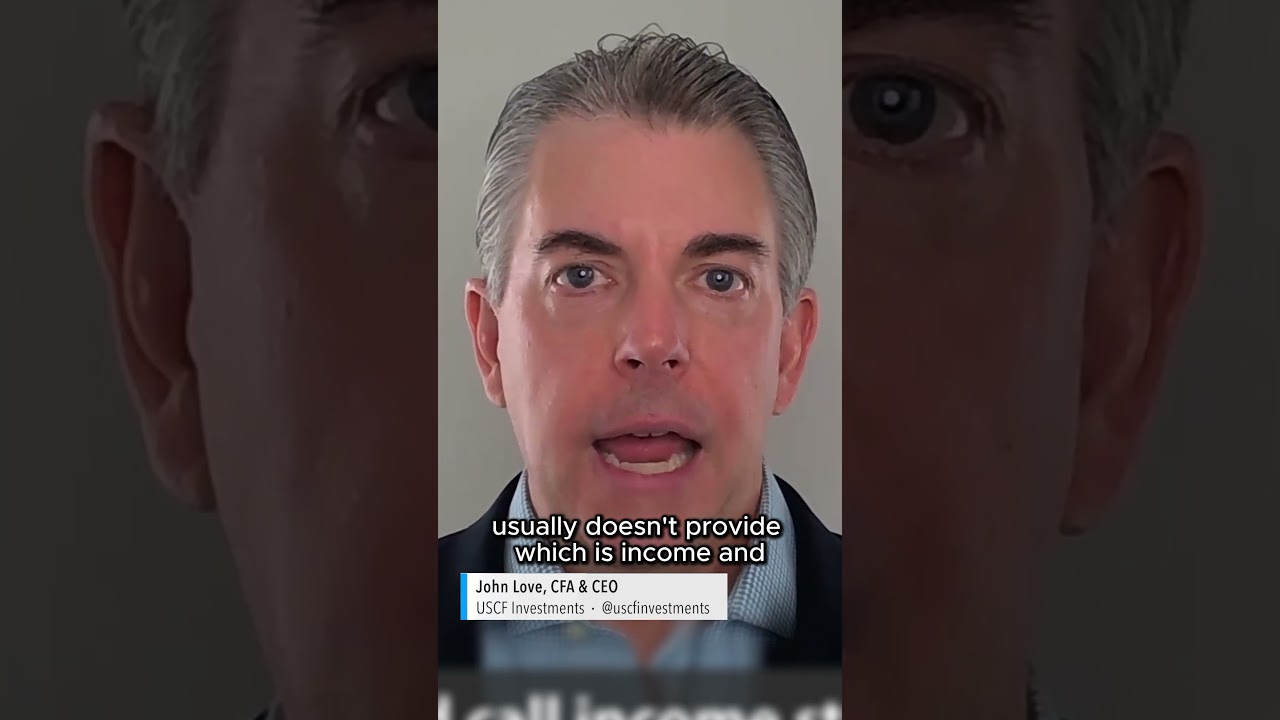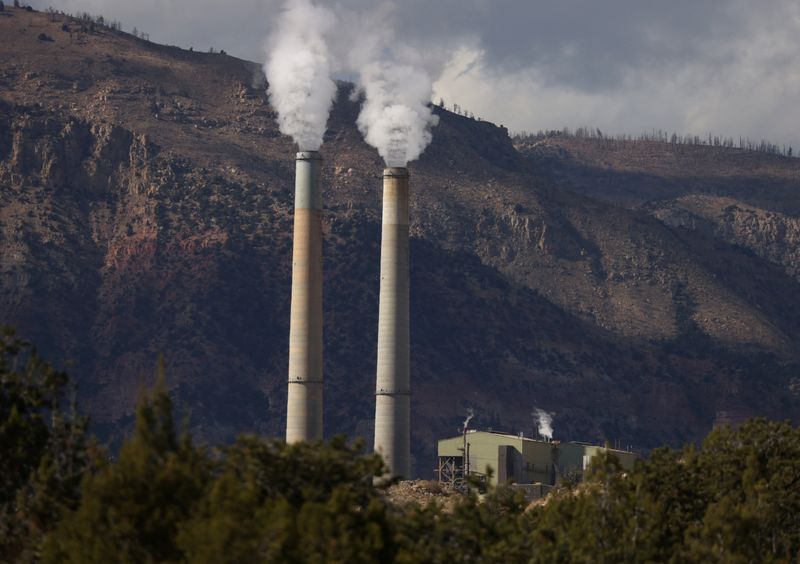3 Reasons Your Social Security Benefit May be Smaller Than You Think
If you’re like most seniors, you’re going to get income from Social Security as a retiree, and you may need this money to help you cover the bills. However, it’s important to realize that your retirement benefits may not be as generous as you expect them to be. You don’t want this to come as […] The post 3 Reasons Your Social Security Benefit May be Smaller Than You Think appeared first on 24/7 Wall St..

Key Points
-
Social Security benefits aren’t going to provide as much support as you probably are hoping.
-
You could end up shrinking your benefits through an early claim.
-
Taxes and inflation will also take a bite out of your benefits.
-
Are you ahead, or behind on retirement? SmartAsset’s free tool can match you with a financial advisor in minutes to help you answer that today. Each advisor has been carefully vetted, and must act in your best interests. If you’ve saved and built a substantial nest egg for you and your family; get started by clicking here.(Sponsor)
If you’re like most seniors, you’re going to get income from Social Security as a retiree, and you may need this money to help you cover the bills. However, it’s important to realize that your retirement benefits may not be as generous as you expect them to be.
You don’t want this to come as a shock and find yourself struggling as a senior, so be sure to pay attention to these three key reasons why your Social Security benefit may be smaller than you think it will be.
1. You may have to retire sooner than planned
The amount of your Social Security benefit is determined based on your average wages over 35 years and based on how old you are when you claim your benefit.
If you have to retire sooner than planned, it’s possible you won’t have 35 good years of earnings on your record. Many people make more money as their career advances, and retiring while you’re at your peak earning potential means that more early low-earning years are part of your benefits calculation.
Retiring sooner than expected could also mean you have to claim your Social Security benefit at a younger age than you anticipated. Since benefits shrink for each month you claim them before 70, and your standard benefit could be reduced by as much as 30% if you claim at at 62 instead of at your full retirement age, you could end up with much less money coming from Social Security than you planned if you can’t work as long as you’d have liked.
2. You may be taxed on your Social Security income
Your Social Security benefits could also be smaller than you anticipated because you may not get to keep all of the money. That’s because the IRS and your state may both want a cut.
On the federal level, you start to owe taxes on at least part of your benefits once your income hits $25,000 as a single tax filer or $32,000 as a married joint filer. The threshold at which taxes begin is not indexed to inflation, so a growing number of retirees are hit with a tax bill every year, even though when taxes were initially imposed on benefits, they were meant to be paid only by the country’s highest earners.
Around 50% of seniors now pay tax on Social Security benefits, although President Trump is trying to change that, so positive change may be coming for retirees. There are, however, still a small handful of states that tax Social Security and may continue to do so regardless of what happens on the federal level, so you aren’t necessarily out of the woods yet when it comes to losing some of your benefits due to taxes.
3. The buying power of your benefits may erode

Finally, the last big reason benefits may be smaller than anticipated is that Social Security checks are losing buying power due to inflation. In fact, according to the Senior Citizens League, benefit checks are worth 20% less today than in 2010 in terms of their real buying power.
This isn’t supposed to happen because there are Cost of Living Adjustments built into Social Security. It is happening because those COLAs are determined based on changes in the Consumer Price Index for Urban Wage Earners and Clerical Workers (CPI-W). This price index doesn’t accurately reflect the spending patterns of seniors, so it ends up underestimating the actual inflation retirees are coping with.
For all of these reasons, your benefits won’t provide as much financial support as you may be hoping. It’s important to work with a financial advisor to ensure that you have plenty of other income to supplement your Social Security so you don’t find yourself struggling during your later years.
The post 3 Reasons Your Social Security Benefit May be Smaller Than You Think appeared first on 24/7 Wall St..







